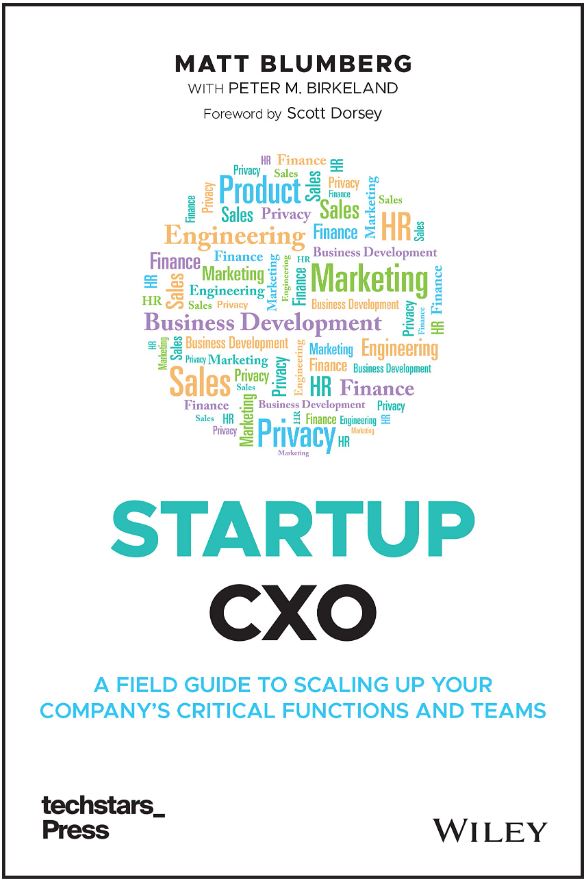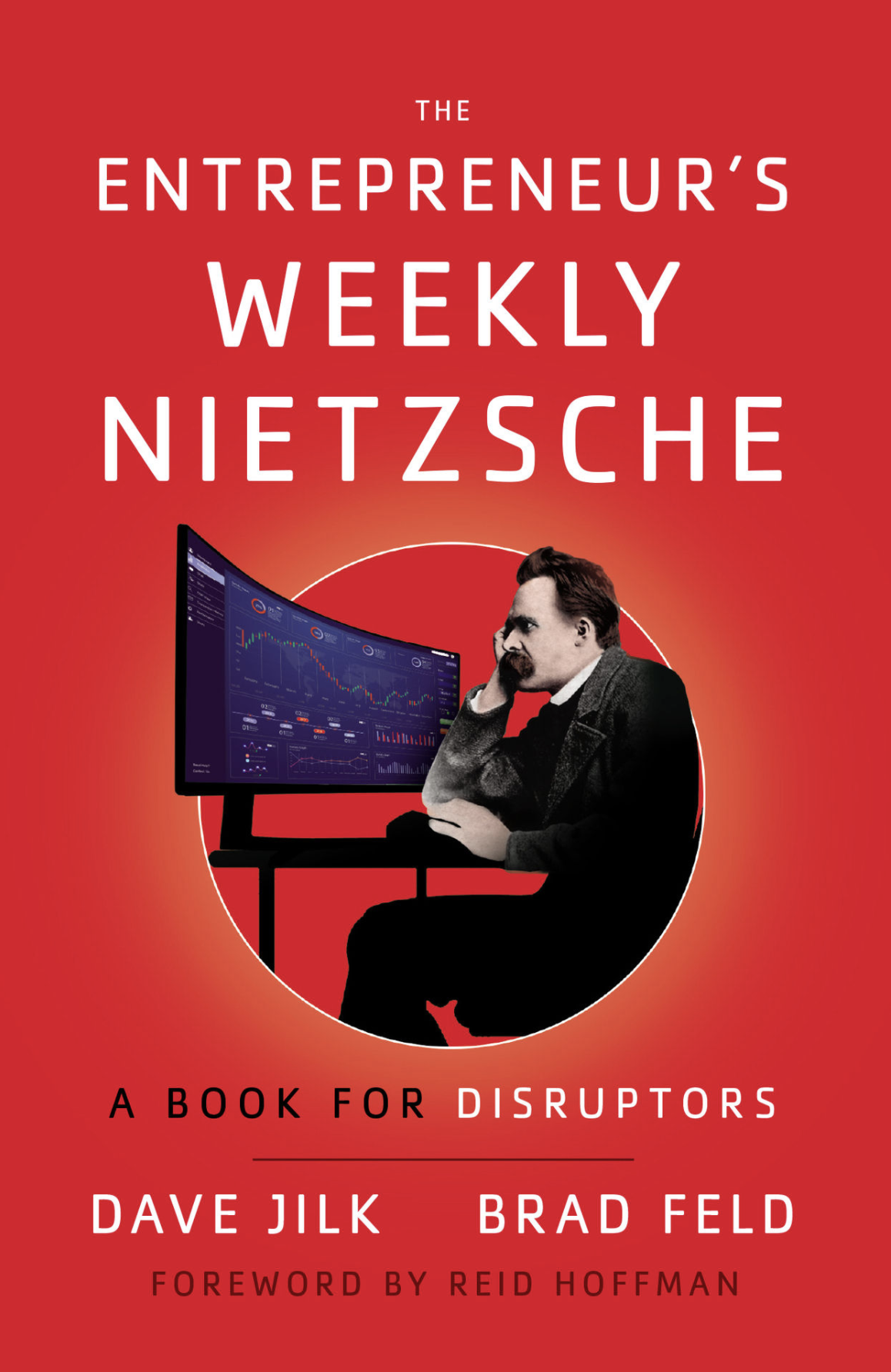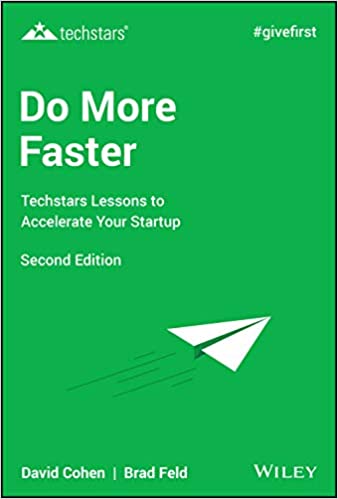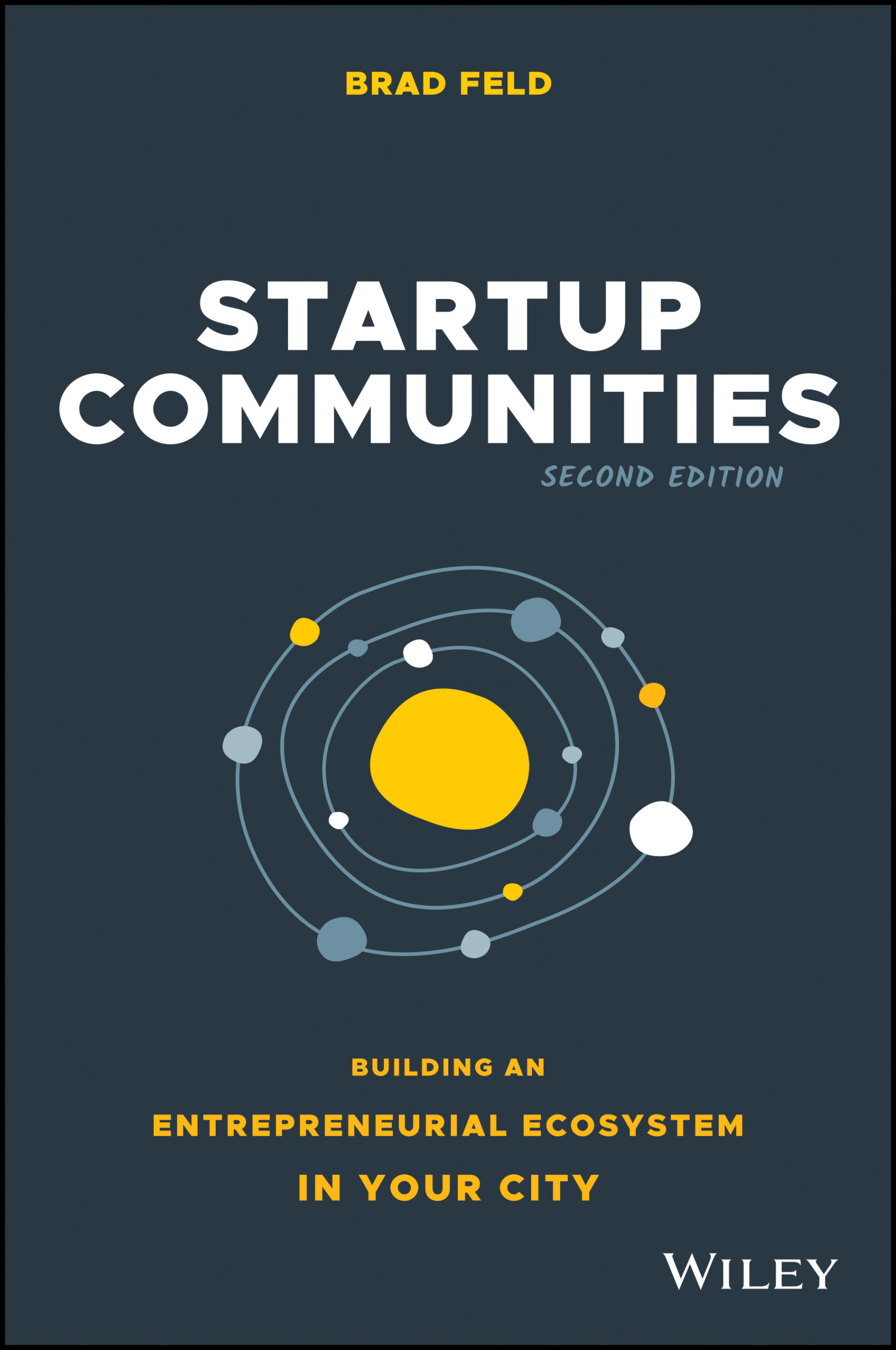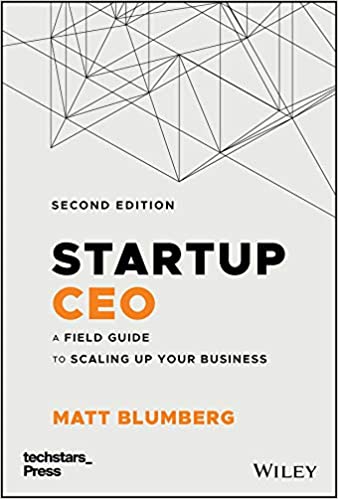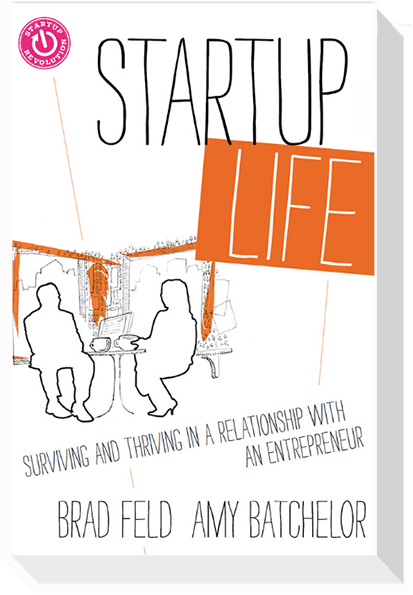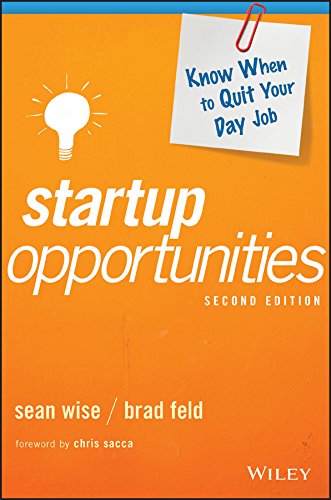The More Difficult Side of #givefirst
Giving is sometimes easier than asking.
#givefirst is the aspect of community building where you as an individual help someone else without any expectation of getting something in return. No quid pro quo transaction approach here.
For many of you, you provide elements of #givefirst every day. You take a coffee meeting with a friend of a friend. You make an introduction on someone’s behalf. Or you simply listen to someone pitch their idea and give them some much needed feedback.
For others, the notion of hoarding all of your gold (time, energy, experience) just for your own benefit makes total sense. (I would like a chance to convince you that a little #givefirst will pay major dividends in ways you cannot even imagine – email me and let’s talk.)
But this post is not about #givefirst. It is about asking for help. I sometimes refer to this as the other (darker?) side of #givefirst, and in many communities, people are simply afraid to ask for help.
Asking for help has its roots in self-awareness and radical self-inquiry. The best entrepreneurs give time to understand what factors and emotions are driving the hundreds of decisions required in a startup. A significant outcome is the ability to ask for help.
Immature communities may frown upon a more public presentation of needing help with the belief that is shows weakness. Startup founders are supposed to know everything, be in command of their ship and can weather any issue that confronts them. Hogwash.
I see this as a signal of community maturity and firmly believe that leaders have to show 1st timers that asking for help is as much part of the success journey as fundraising, hiring or developing a great product.
Leaders lead by showing others that certain behaviors or mindsets are acceptable. Every panel discussion, every blog post, every tweet are opportunities to nudge your community’s beliefs.

